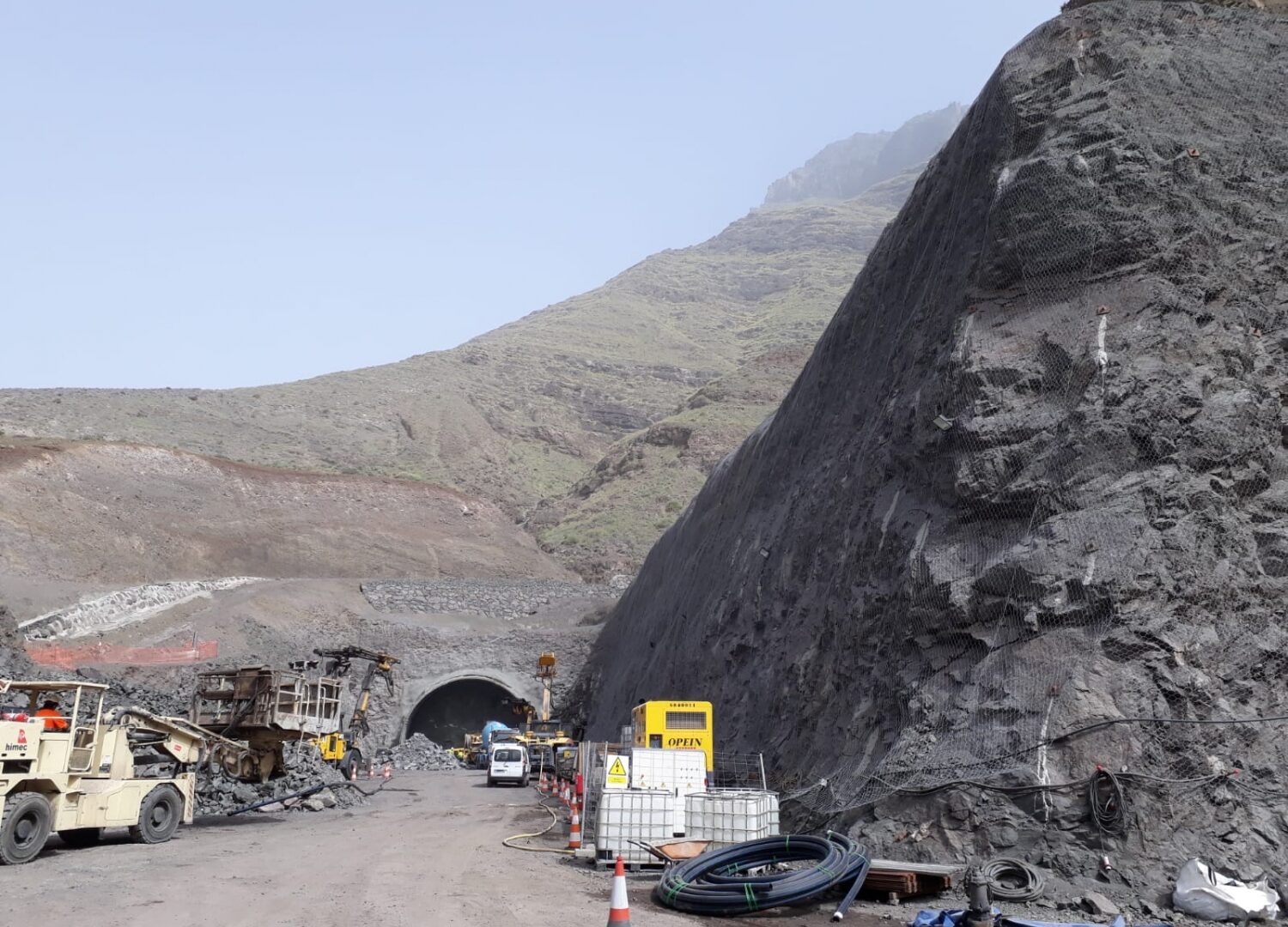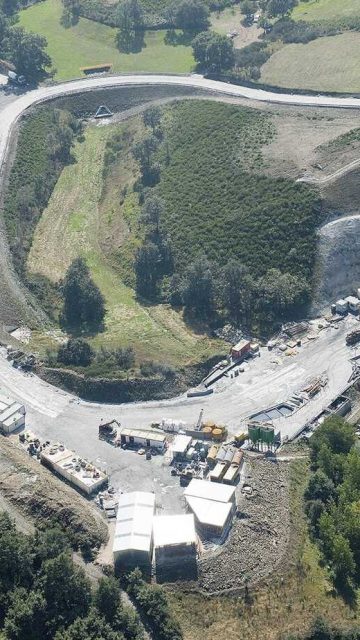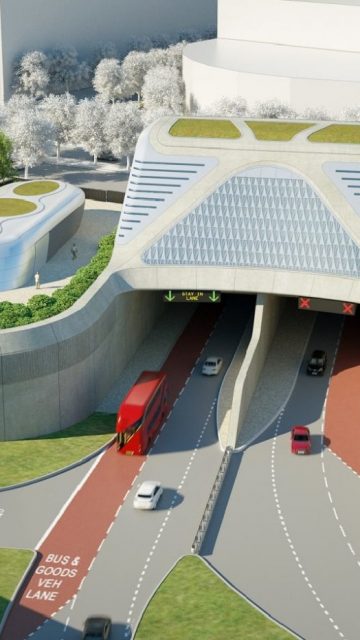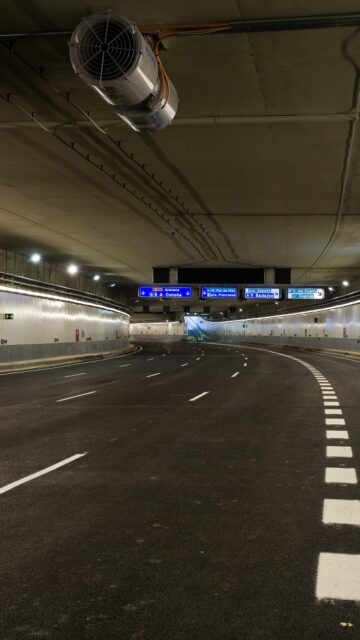

Las Palmas de Gran Canaria, Spain
-
8km
length
-
€153M
investment
-
8
tunnels and viaducts
Construction of a section of road on the island of Gran Canaria that includes an 8.5-kilometer-long route between El Risco and Agaete. The project requires an investment of €153 million. The contract involves the construction of the second phase of the town highway and also includes improvements on a half-kilometer stretch of the existing road.
The El Risco Agaete Highway, an 8-kilometer-long road in the northern part of Gran Canaria, runs along a steep slope of the island; the construction is therefore highly complex since most of the route also runs underground. Eight tunnels and two viaducts were built for this project.
This new route will replace a current trajectory measuring about 15 kilometers on the GC-200, improving safety for travelers. Once this work is completed, the travel time between the Village and Agaete will be reduced.
The Faneque tunnel and the use of explosives in construction
The construction of the double tunnel at Faneque, a municipality of Agaete, is part of the second phase of the works on the new town road. The section that runs under the Faneque Cliff, for which this double tunnel is named, is made up of two lanes running in each direction for a 2.5-kilometer stretch, thereby shortening travel time. This double tunnel replaces the three-kilometer section of the GC-200. For its execution, two main openings, measuring 2,000 and 2,100 meters long, were excavated, along with the five connecting galleries between the two tunnels for evacuation in case of emergency. In the Agaete direction around the area of Hoya del Segura, two major drainage projects and an exposed stone wall have been undertaken in order to start the tunnels.
During construction, 30,000 square meters of polyethylene sheets were used to redirect water leaks; 4,500 meters of iron pipes were used in fire extinguishing systems; and 7,200 meters of buried concrete pipes and 14,000 meters of pipes to filter water were used.
The excavation of the aforementioned tunnels was carried out by blasting with explosives in compliance with the strictest safety measures set by the Spanish explosives regulations.
Related Projects
Know our projects
Túnel del Espiño

Celdas drenantes para la Estación de…

Túnel del Espiño

Túnel de Silvertown4

